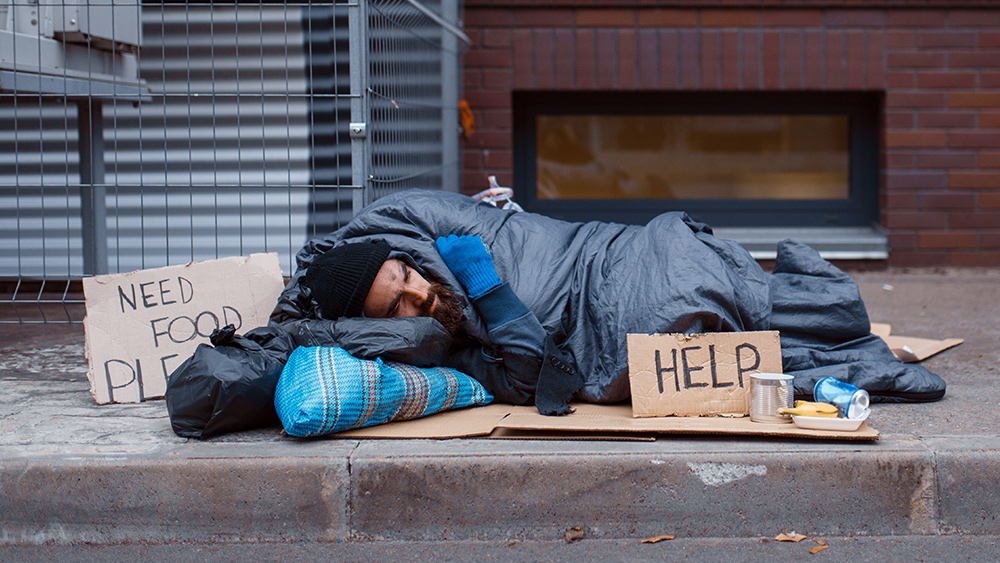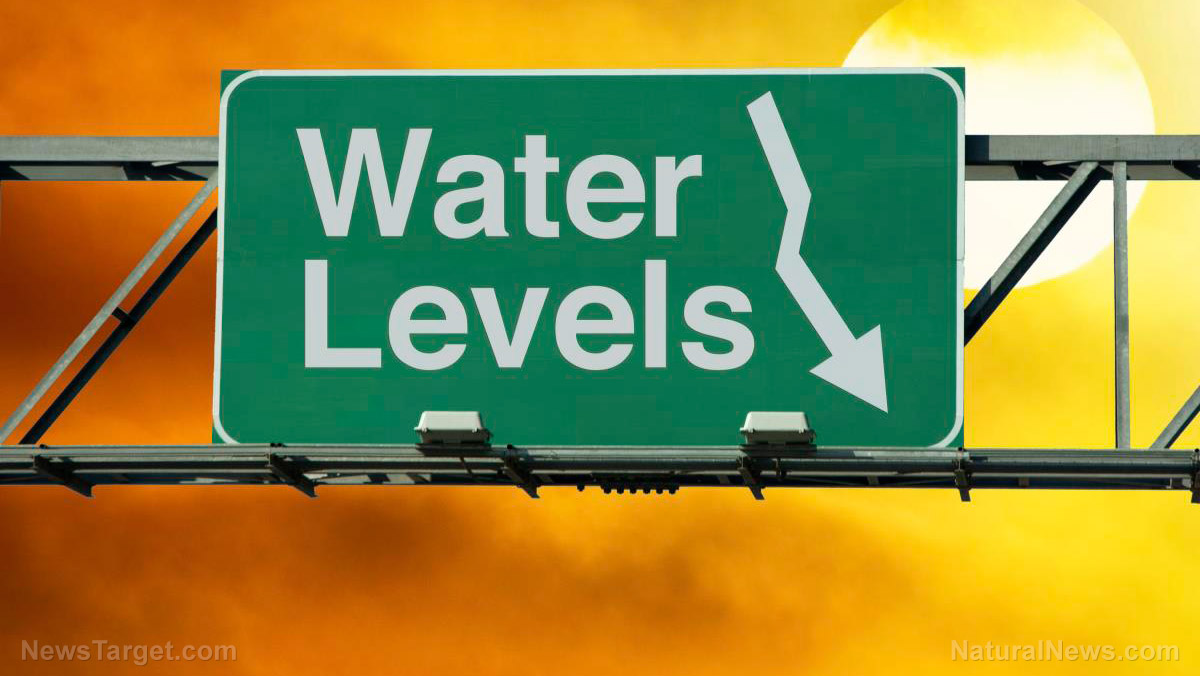 Parler
Parler Gab
Gab
Millions of Americans are living paycheck-to-paycheck
There are around 125 million people living paycheck-to-paycheck in the United States, which translates to 54 percent of the U.S. adult population. With food and gas prices surging higher, the Fed's move to bring down inflation by raising interest rates means higher interests on credit cards – at a time when families need them to pay the bills. Danny Kofke, an author and motivational mentor with financial education company Mentoro, said the numbers indicate people need financial wellness. Kofke believes that the higher prices are forcing Americans to borrow more money, but using credit cards puts consumers deeper into the borrowing hole. According to him, someone who racks up $5,000 on a credit card could pay 1.25 percent on the balance with an 18 percent interest rate. "By the time you're done paying off that $5,000 debt, it will cost you over $12,000 and take you over 22 years, not months, to pay it off." (Related: Here it comes: All signs point to Housing Bubble 2.0 amid widening price, income gap.) This example shows how people don't consider the total cost beyond minimum payment, which explains why credit card balances surged by the largest amounts in 20 years. To bring down monthly costs, some families are stretching their money at the Dollar Store. "It's convenience. And it is a lot cheaper than going to the regular grocery store. Not all the food there is great, but it's definitely better than not having anything," a struggling consumer said. Visit Collapse.news for more updates about the inflation and struggling U.S. economy. Watch the video below for more information about how the economic downturn is going to affect consumers. This video is from the Bull Boom - Bear Bust channel on Brighteon.com.More related stories:
30-year fixed mortgages surge above 6% for the first time since 2008 as market reacts to Fed rate hikes. Housing bubble about to burst? Mortgage applications crash to 22-year low as monthly payments skyrocket. Average rent prices in the US surpass $2,000 amid inflation and rising mortgage interest rates. Thanks to inflation and food shortages, many people are barely able to afford even one meal per day. Survey: Americans have changed their spending and eating habits to cope with Biden’s inflation. Sources include: CNBC.com CBN1.com Brighteon.comBiden planning to ‘protect’ us from cash – beginning Dec. 13!
By News Editors // Share
Senator warns Democrats’ Inflation Reduction Act is a “war on seniors”
By Cassie B. // Share
The vaccine agenda was designed to bring down the economy
By S.D. Wells // Share
Governments continue to obscure COVID-19 vaccine data amid rising concerns over excess deaths
By patricklewis // Share
Tech giant Microsoft backs EXTINCTION with its support of carbon capture programs
By ramontomeydw // Share
Germany to resume arms exports to Israel despite repeated ceasefire violations
By isabelle // Share










